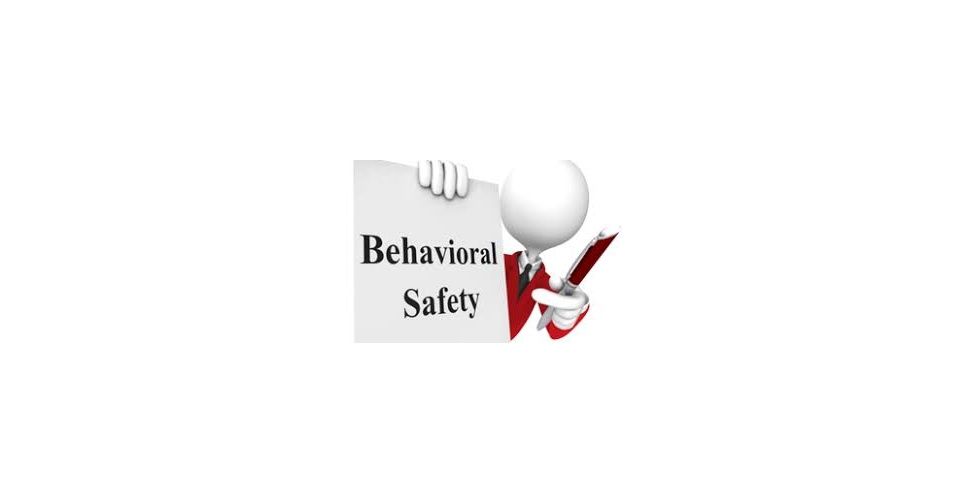
Congratulations on receiving Euston's Proactive Safety Award.
Behaviour can be defined as:
An action by an individual that is observable by others.
It’s estimated that in up to 80 % of work-related accidents, an employees behaviour in the form of acts or omissions – is a contributing factor.
Such behaviour can pave the way for many pre-existing factors to come
together in a negative event.
Reasons why employees engage in – “At-Risk” behaviour at work.
Cutting corners to save time: How often do employees decide not to use personal protective equipment (PPE) because a task may only take seconds to complete? In this example, the at-risk behaviour (the failure to use PPE) has the instant perceived benefit of saving time.
Ergonomic factors: Inappropriately placed work equipment may lead to improvised and potentially dangerous access arrangements.
Accepted practice: Some people are more naturally inclined than others to take risks.
’we’ve always done it that way’
Reinforcement of at-risk behaviour by the actions of supervisors: This may also undermine employees’ confidence in the management’s commitment to manage concerns such as safety.
Misunderstanding at-risk behaviour: Employees may be unaware, or have a low perception, of the risks associated with a particular task or activity. This could be due to insufficient information or training.
Instinctive risk-taking behaviour: Some people are more naturally inclined than others to take risks.
Challenge “At Risk” behaviour.
Learn to accept a Challenge for your “At Risk” behaviour.
Your attitude to the challenge has a big impact on those who observe this. A positive attitude leads to a Safer Workplace.
